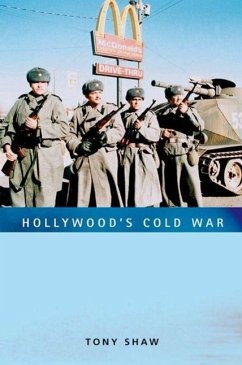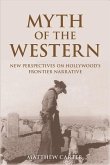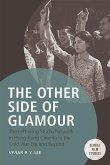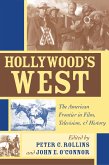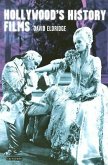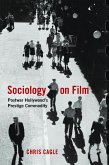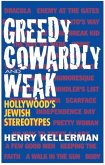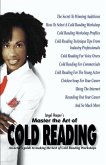'Politically nuanced, historically contextualized, and internationally informed, Hollywood's Cold War is essential reading for anyone interested in this fascinating subject. Tony Shaw's analysis is both penetrating and comprehensive. The broad range of films he studies will greatly expand conventional understandings of the Cold War's impact on American filmmaking.' Christian G. Appy, author of Patriots: The Vietnam War Remembered from All Sides. Movies were at the centre of the Cold War's battle for hearts and minds. Hollywood was probably the single most powerful instrument of mass persuasion throughout the conflict. Its comedies, love stories, musicals, thrillers, documentaries and science-fiction shockers opened a window on life behind the Iron Curtain, and sold American ideals across the globe. This is the first book to explore the American film industry's propaganda role throughout the Cold War, from the 1917 Bolshevik Revolution to the collapse of the Berlin Wall in 1989. It examines the complex relationship between the American government and filmmakers over that period, and takes us beyond the deeply encrusted McCarthy era, when the 'Great Fear' of political persecution swept through Hollywood. The different ways in which film propaganda was devised, produced, disseminated and received are explored, alongside the changing roles that various branches of government played in these processes. The book shows how the Cold War profoundly influenced American movie-making, and how cinema shaped the contours of the twentieth-century's longest-running ideological conflict. Key features: * The first comprehensive account of Hollywood's role during the Cold War. *A new interrogation of the collaboration between filmmakers and government in the production of propaganda. *The use of primary documentation and new archival research make this book unique. Tony Shaw is Reader in International History at the University of Hertfordshire.

